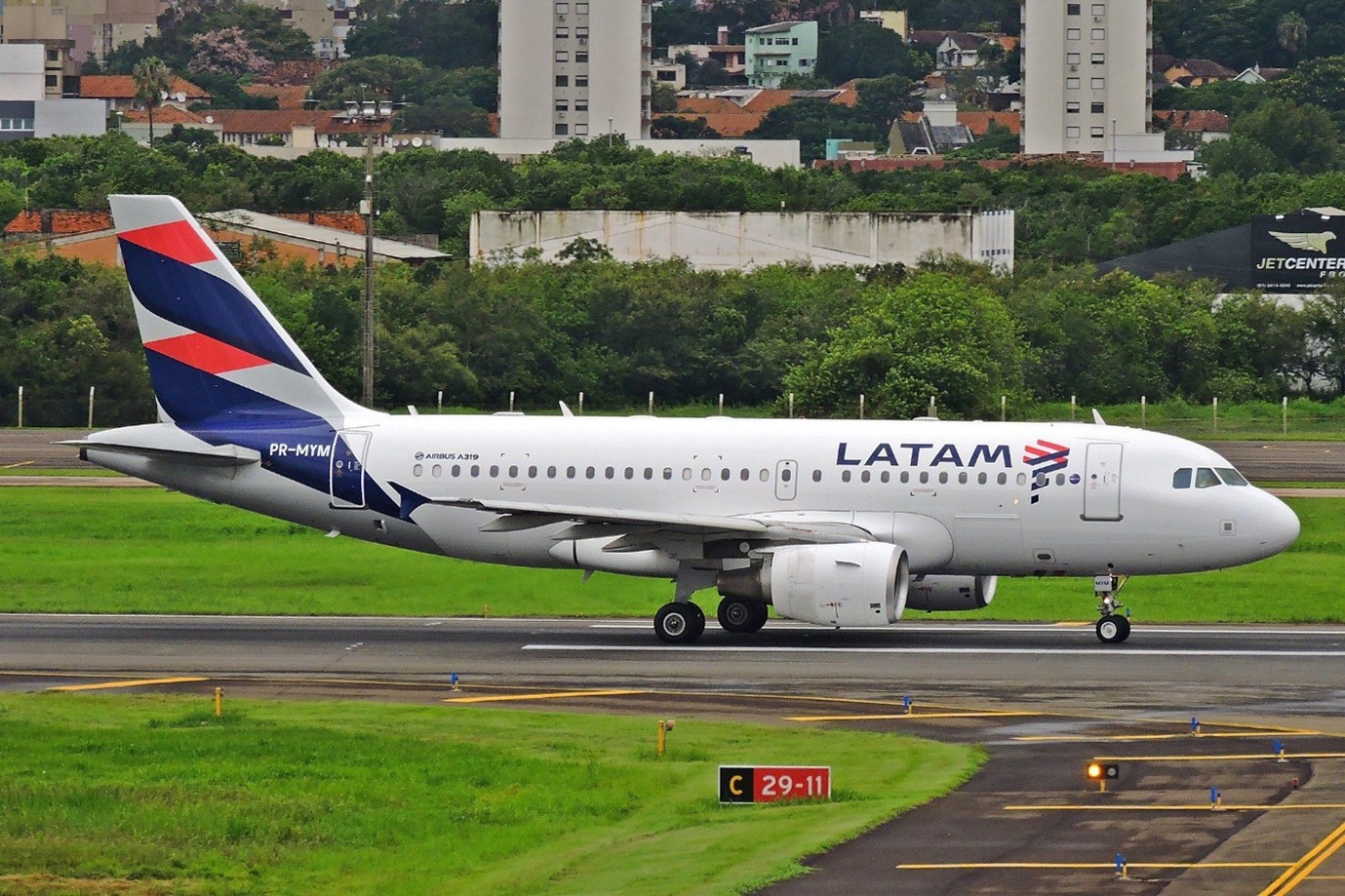What to do if your airline goes bankrupt
08 April, 2025
4 min read
By joining our newsletter, you agree to our Privacy Policy
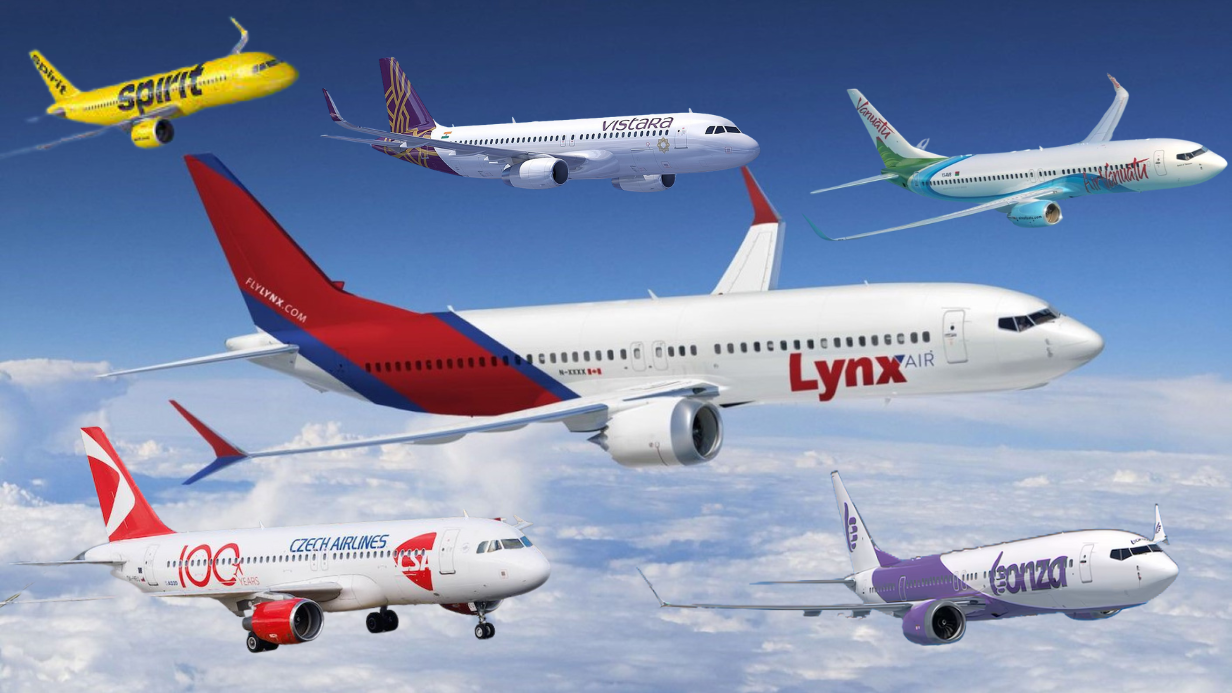

Over the past 15 years, 27 airlines have filed for bankruptcy, including the recent case of Silver Airways in December 2024. For passengers, these events can lead to confusion, frustration, and financial loss—especially when flights are canceled with little warning and refunds are hard to come by.
What Happens When an Airline Goes Bankrupt?
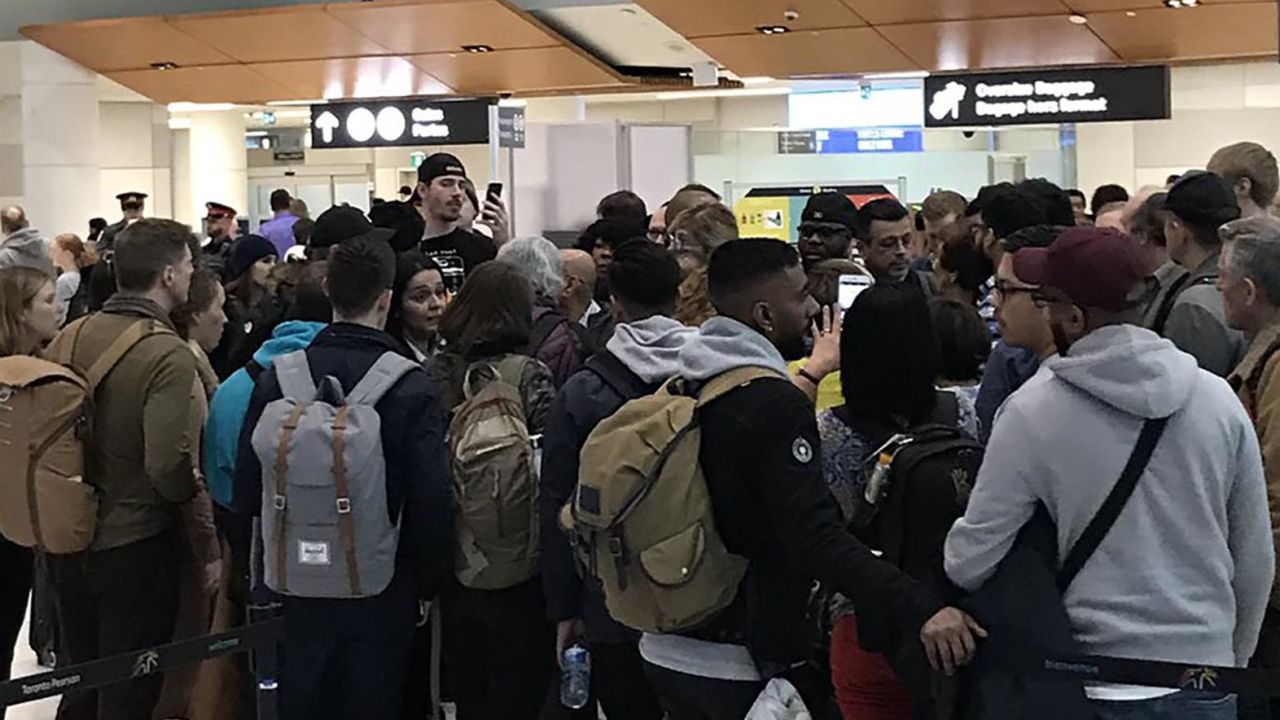
According to AirAdvisor’s legal team, airline bankruptcy doesn’t always mean operations will stop immediately. Some carriers file for reorganization (like Chapter 11 in the U.S.), allowing them to continue flying while restructuring. Others shut down entirely (such as under Chapter 7 liquidation), canceling all flights and laying off staff.
Understanding the type of bankruptcy is the first step in determining whether you're entitled to compensation, rebooking, or refunds.
Airline Bankruptcy Rights Around the World
United Kingdom (UK)
If you're flying from the UK, AirAdvisor highlights that Regulation UK261 still applies while an airline remains in operation, offering compensation for delays and cancellations.
If the airline shuts down, passengers may be protected under Section 75 of the Consumer Credit Act—which provides a full refund for flights purchased with a credit card (between £100–£30,000)—or ATOL (Air Travel Organizer’s License) for those who booked through a UK-licensed package holiday provider.
💡 AirAdvisor Tip: Debit card purchases aren’t covered by Section 75—use a credit card where possible.
European Union (EU)
AirAdvisor notes that EU Regulation 261/2004 usually protects passengers in the event of cancellations, but not when an airline declares bankruptcy. If your ticket was part of a package holiday, however, you're still protected under the EU Package Travel Directive and can request a refund or rebooking.
If you bought your flight directly from the airline and it goes bankrupt, you’ll likely need to rely on your credit card company or travel insurance for reimbursement.
United States
Unlike the UK and EU, the U.S. has no specific passenger protections for airline bankruptcy. AirAdvisor explains that passengers have few guaranteed rights if a carrier shuts down completely.
If a U.S. airline files for Chapter 11, flights may continue, and there's a small chance for rebooking or refunds. But if the airline halts all operations, passengers must turn to credit card chargebacks or travel insurance to recover lost funds.
Australia
Like the U.S Australia does not have a mandatory scheme to compensate passengers if an airline goes bankrupt. The Travel Compensation Fund, which provided refunds to passengers in such situations, was abolished in 2014.
What You Can Do: Rebooking & Refund Options
If you're affected by an airline bankruptcy, AirAdvisor recommends several proactive steps:
Travel Insurance: Ensure your policy includes airline bankruptcy or financial default coverage.
Rescue Fares: Look for discounted fares from other airlines. These are often posted on the bankrupt airline’s website, social media, or in travel forums.
Credit Card Chargeback: If you paid with a credit card, file a chargeback as soon as possible.
ATOL Claims (UK): If your trip was part of a package, file for a refund through the ATOL scheme.
Bankruptcy Claims: In the U.S., you may file as an unsecured creditor, though the likelihood of getting money back is limited.
“If you book directly with a credit card, you may be entitled to a chargeback or Section 75 protection if the airline goes bankrupt. This gives passengers an extra layer of protection, especially if the airline isn’t part of a package holiday scheme.”
– Anton Radchenko, International Lawyer and Founder of AirAdvisor
Real-Life Cases
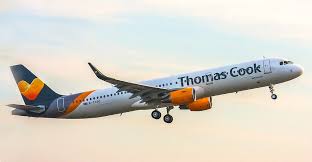
Thomas Cook Airlines (2019)
When Thomas Cook collapsed into liquidation, over 600,000 passengers were affected. AirAdvisor notes that 360,000 of them were refunded under the ATOL scheme, while those who booked directly had to rely on credit card claims or insurance.
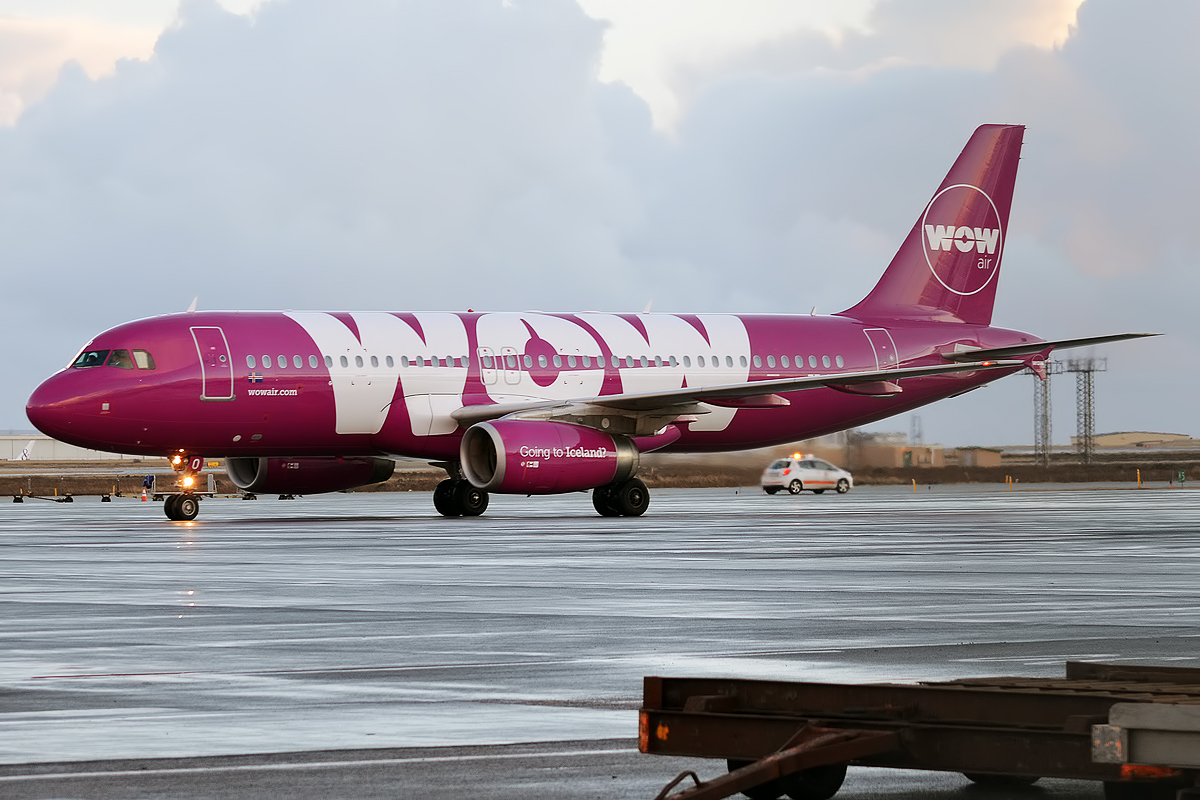
WOW Air (2019)
WOW Air’s sudden closure stranded 10,000 travelers. Unlike Thomas Cook, there was no government-led repatriation effort. Some airlines offered rescue fares, and affected passengers had to pursue chargebacks or travel insurance claims, often without success if they lacked the right coverage.
Eastern Airlines (1991)
Eastern Airlines ceased operations abruptly, leaving many passengers stranded. While the airline initially promised refunds, AirAdvisor explains that once bankruptcy proceedings began, passengers became unsecured creditors, with limited chances of reimbursement.
READ: Airlines That Went Bust or Restructured in 2024
How to Protect Yourself
AirAdvisor recommends these steps to avoid being caught off guard by an airline collapse:
Use a Credit Card: You’ll have more recourse with chargebacks or legal protections.
Book Package Holidays (UK/EU): These come with stronger protections.
Get Comprehensive Travel Insurance: Make sure it includes Scheduled Airline Failure Insurance (SAFI).
Stay Informed: Monitor airline news for signs of financial trouble, such as unpaid staff or frequent flight cancellations.
Keep Your Records: Save booking confirmations, email correspondence, and receipts—you’ll need them to file claims or disputes.
Think your flight might qualify for compensation?
Check your flight now with AirAdvisor.
Get the latest news and updates straight to your inbox
No spam, no hassle, no fuss, just airline news direct to you.
By joining our newsletter, you agree to our Privacy Policy
Find us on social media
Comments
No comments yet, be the first to write one.


